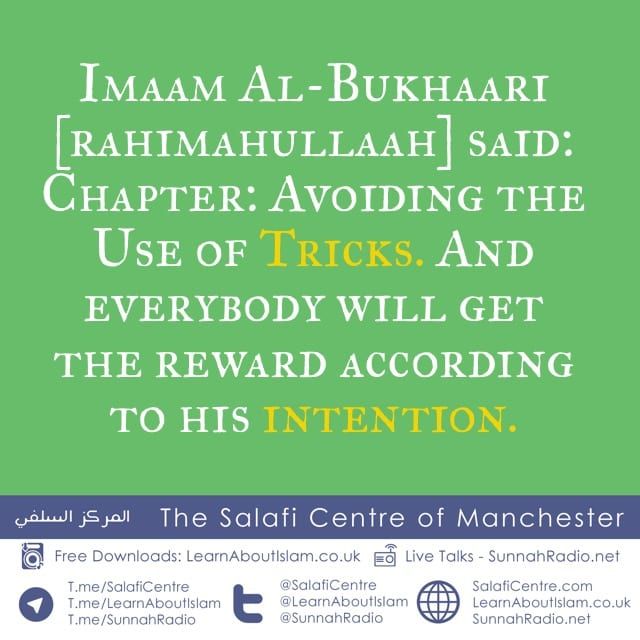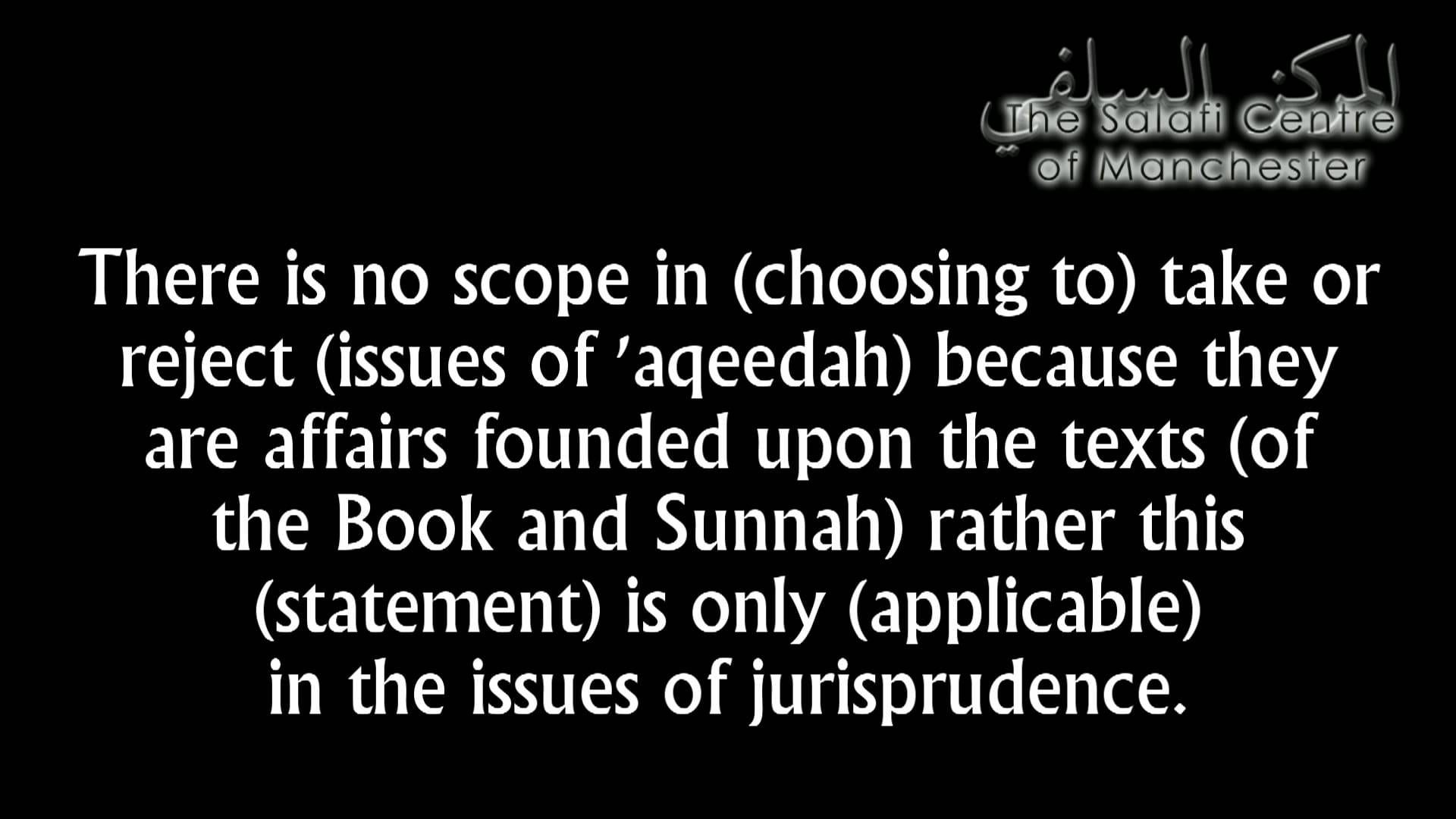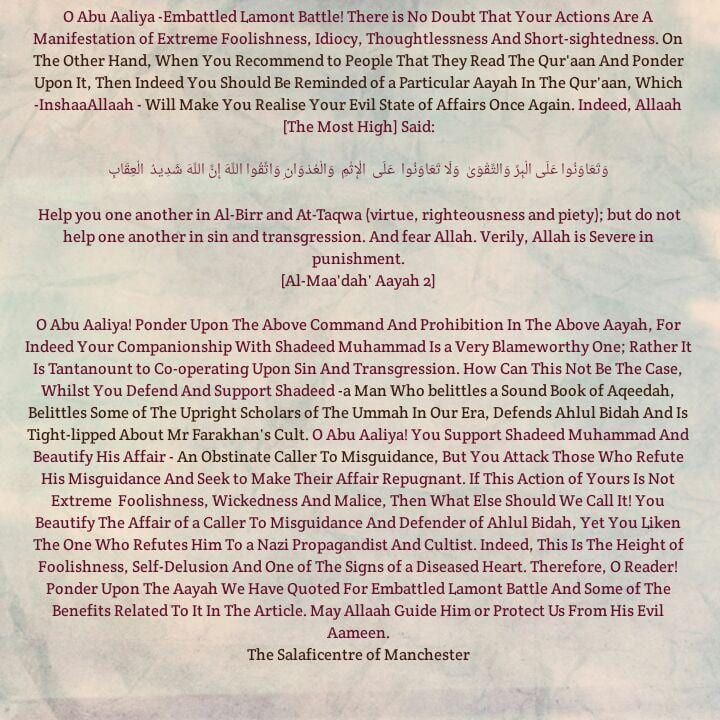They crucified him for being upon the Sunnah
The imam, the exemplar, the martyr inshaa Allah, Abu Bakr Muhammad Ibn Ahmad Ibn Sahl Ar-Ramli, known as Ibn An-Nabulsi [d.363 AH]1
- Ibn Al-Jawzi mentioned concerning Jawhar As-Siqilli the Fatimid general that he said to Abu Bakr An-Nabulsi: “It has reached us that you have said that if a man has ten arrows, he must shoot one arrow at the Romans, and nine at us [The Fatimid Shiites]. He [Abu Bakr] said: “I haven’t said that. Rather, I said that if he has ten arrows, he must shoot nine at you, and the tenth he must shoot at you also! For indeed you have changed the religion, killed the righteous and claimed divine light”. So he [the general] had him brought into public, then beaten and then he ordered a Jew who peeled off his skin.”
- Abu Tharr Al-Hafith said: “Banu ‘Ubaid imprisoned him and they crucified him [for being] upon the Sunnah. I heard Ad-Daraqutni mention him while crying, saying: While being skinned he was reciting:
{كَانَ ذَٰلِكَ فِي الْكِتَابِ مَسْطُورًا}
{That has been written in The Book [of decrees]} – [Al-Israa:58]”
- Ma’mar Ibn Ahmad said: “A trustworthy individual informed me that Abu Bakr was skinned from the crown of his head to his face. He was making remembrance of Allah and was patient until he [the skinner] reached his chest. The skinner then had pity on him and so stabbed him with a knife into his heart putting an end to his life.”
- He also said: “…And when he had been skinned, recitation of The Qur’an could be heard from his body”
- “Ibn As-Sa’saa’ Al-Misri related that he saw Abu Bakr Ibn An-Nabulsi in a dream after he had been crucified while he was in the best appearance. So he said: “What did Allah do with you?” He replied:
“My Lord gifted me with eternal honour ~ And He promised me imminent victory
And He brought me close and near to Him ~ And He said: Live delightfully in a life next to Me”
Excerpts: Imam Ath-Thahabi’s Siyar A’alam An-Nubula; 16/148 – 150
1 Shaikh Abdullah Al-Bukhari spoke concerning this Imam’s crucifixion in his lecture “Steadfastness upon the Sunnah” on 7th Shawwal 1436. The Shaikh and those present in the gathering cried when hearing the patience that this Imam had in remaining steadfast upon the Sunnah.
Link to audio clip of the Shaikh: http://safeshare.tv/w/GZMCWpzPug









